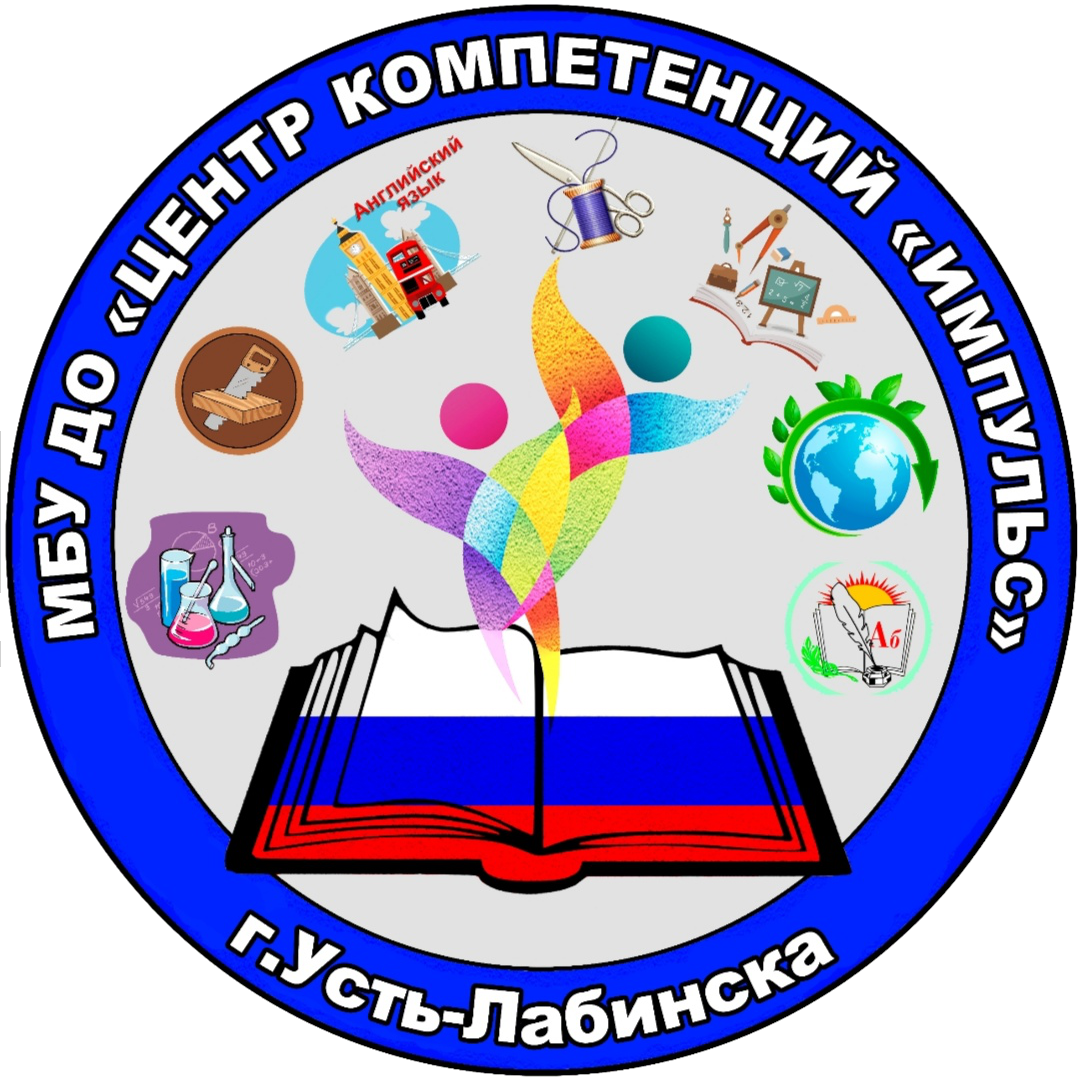,
14.05.2020
Повторение изученного лексико-грамматического материала.
Итоговое занятие по теме.
1. Упражнения.
Text «Hobby and Free Time»
As a rule, in their free time people like to entertain or amuse themselves.
- to entertain – развлекать
- to amuse oneself – забавляться
They can arrange a party or go out, for example, go to a disco or some club. Generally they do it to have fun or to have a good time.
When people have nothing to do they easily get bored. As a rule, boredom is an awful state which can lead to depression. That is why it is necessary to get yourself occupied.
Nowadays the most common activity to get rid of boredom is surfing the Internet. This mass media offers a lot of opportunities for entertainment. Socializing in social networks is the most popular activity not only for the young but also for the grown-ups. Using the Internet helps you to kill your time browsing, sharing your pictures in Instagram or chatting with «friends». Gossips or «yellow press» (tabloids) do you more harm than good as they make your brain work in the wrong direction.
Well, sometimes concerned parents try to make their children be occupied all time. That is why schoolchildren don’t have much free time. But if they have, they usually spend it indoors playing computer games or chatting in the net. They can do it for hours.
Some years ago people had a lot of hobbies. Have a look at the list of hobbies of your parents.
Questions:
- What is the most popular hobby nowadays?
- What do you enjoy doing in your free time?
- Do you prefer spending your free time with your friends or alone? Why?
- What would you do if you had more free time?
Test №1 «Hobbies and Pastimes»
Вставьте в пропуск пропущенное слово.
- They _______all day swimming and sunbathing at the beach. (used, spent, occupied)
- Some years ago she got interested _____ sewing and knitting. (in, at, of)
- Johnny very much likes putting together the pieces of a ______ (puzzle, crossword, mosaic).
- Kate goes jogging every morning to keep________ (exercised, trained, fit).
- I’m afraid I don’t find volleyball________ (interested, very interesting, of any interest).
- Collecting matchbox labels is Brenda’s favourite_________ (leisure, business, pastime).
- People get bored when I talk about my stamp __________ (album, collection, collecting).
- Bring your racket and I will meet you at the tennis_____ (field, gym, court).
- She _________aerobics (goes in for, trains, takes).
- Have you ever _______in winter sports? (played, done, taken part)
- Clare has been keen (on, at, about) _________flower arranging since she was ten years old.
- Playing computer games is the most popular hobby (among, with, about) ________young people.
Упражнение 3. Вставьте наречие в нужной степени сравнения. Use the correct form of the adverbs in brackets.
- Unfortunately, it’s becoming _______ (hard) and _______ (hard) to find a well-paid job.
- This phrase is _______ (widely) used in spoken Russian than in written.
- Your test isn’t good. You can do _______ (well) than you did.
- We walk _______ (fast) than usual to catch the train.
- I know Daniel _______ (well) than you do.
- I used to play tennis _______ (often) than now.
- Could you move a bit_______ (far) away for me to sit here too?
- Mary is driving _______ (slowly) than usual, as the road is wet.
- Of all the group Jimmy did _______ (badly) in the examination.
- Could you speak _______ (distinctly), please?
Упражнение 4. Скажите, какие из следующих предложений составлены верно, исправьте ошибки. Say which of these sentences are right and correct the wrong ones.
1 I hope that next time you’ll speak to your uncle more politely. 2. Peter usually comes to his classes most late of his classmates. 3. Who can solve this problem most quickly? 4. This time he listened to his little sister patienter than usual. 5. Could you speak a little slower, please? 6. When I was a very young child I thought that to sing best meant to sing loudest. 7. I think that now I see the whole problem much more clearly. 8. Who lives more near to the school — you or your friend? 9. Alice goes to the theatre frequentest of us all. 10. Will you raise your hands a bit higher, please? I can't see them. 11. In December it snows oftener than in November. 12. He knows three languages but he speaks English easiest. 13. Last night I slept peacefullier than before. 14, Could you come to school more early and water the plants tomorrow? 15. This new computer works most fast and can solve problems in no time.
Упражнение 5. Translate.
- Ты не мог бы вести машину быстрее?
- Поезд прибыл раньше, чем обычно.
- Моя сестра помогает маме чаще других членов нашей семьи.
- Из пяти спортсменов Вася прыгнул выше всех.
- Миссис Финч разговаривает с медсестрами терпеливее всех других врачей.
- Наша собака лает громче соседской.
- Мой брат пишет бабушке чаще, чем я.
- Анна говорит по-английски лучше Васи.
- Вася живет ближе всех к школе.
